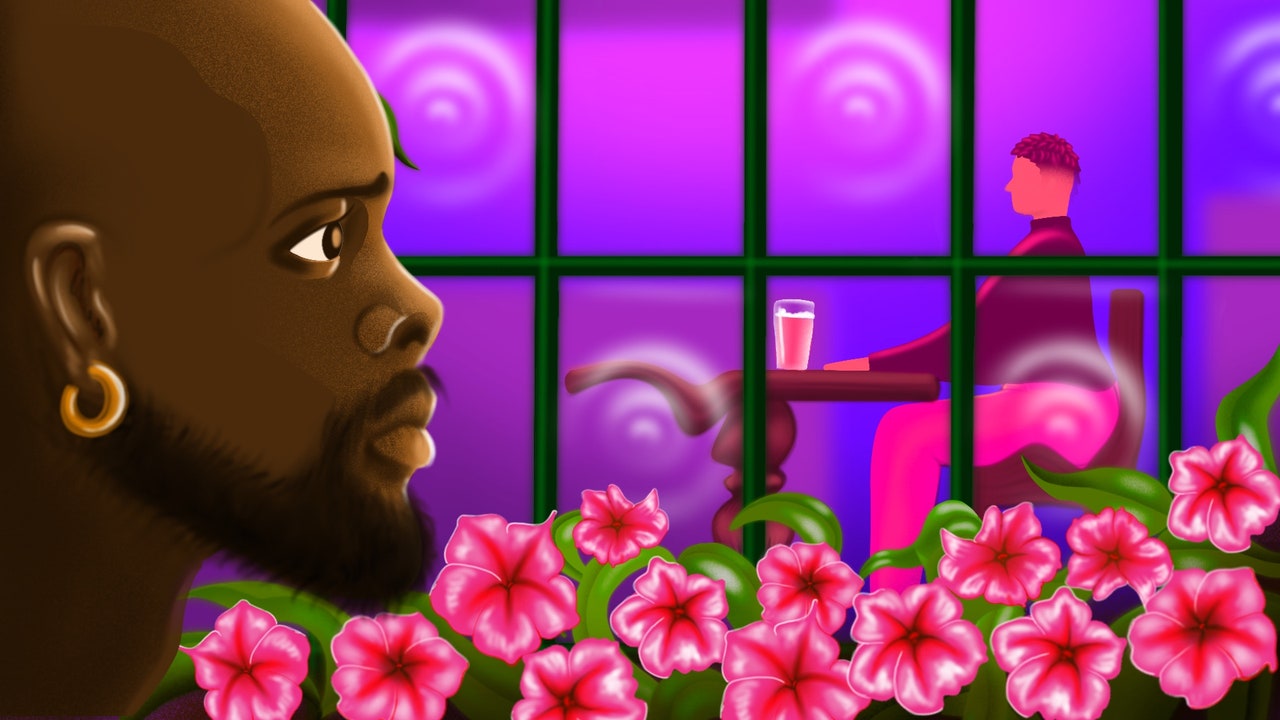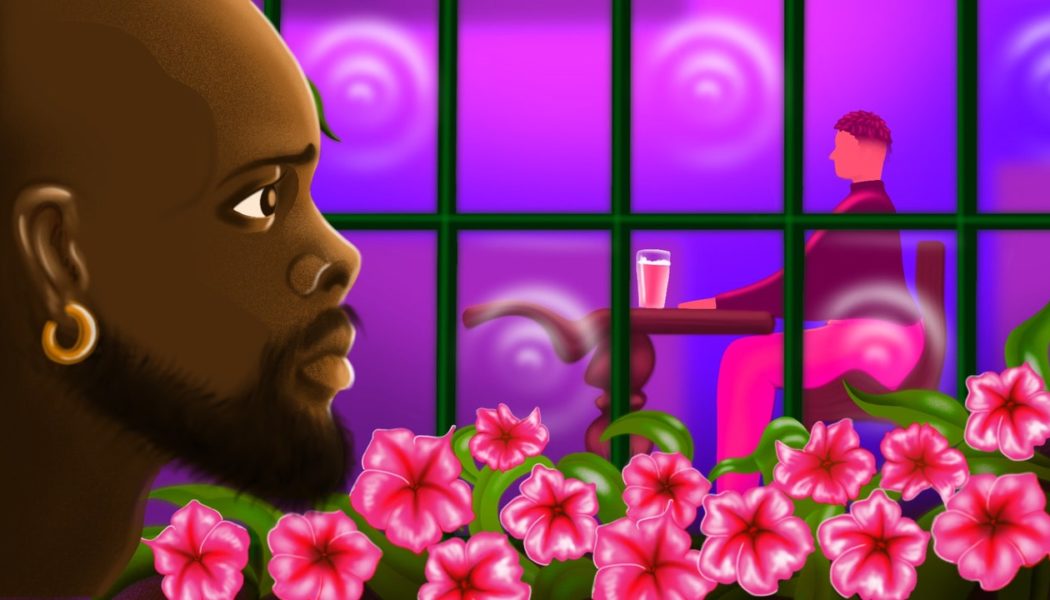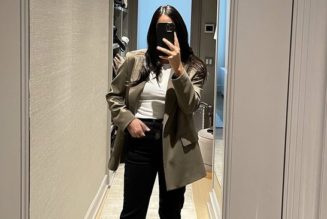
Recently, while bagging up my shopping in a Co-op, the assistant pointed to the scars covering my forearms and asked if I did it for love. Like many other people, I come with somewhat unsettling signs of borderline personality disorder (BPD), as well as a few non-consensual overshares. The question of whether to wear short sleeves or long sleeves, regardless of the weather, usually takes up the majority of time getting ready.
On one date I was drawn into a conversation about west African bodily mutilation and how it’s unfair to do such a thing to children without their consent. It took me a few moments to follow the implication. Having to flex and turn my forearms, scrutinising them with the person opposite me like I was seeing them for the first time, and then saying ‘I did this to myself’, felt a little too much like creating a trauma bond. There couldn’t be a second date.
On another, I was asked, sincerely, if the scars were a self-inflicted form of art – something I could photograph or write about. This was actually the second time I’d been asked this question – the first, I ended up in a back garden, topless, a lens zooming in and out on my wrists. It was a relief, at least, from the other, more typical reaction to my scars: a look of horror, accompanied by a thought cycle I imagine, roughly, to be, “Could this happen to me; would they do this to me; will they hurt themselves if I do something to upset them? Will they hurt me?”
When I was diagnosed with BPD in 2018, it felt as if it wasn’t only my business but a crucial piece of information that had to be shared with anyone I spoke to. So usually, within the hourglass timer of talking to a match on Hinge, I bring it up, joking that I can be a little ‘off-key’ at times; on my profile, there’s a ‘just stare politely y’all, we’re witnessing mental illness’ meme. Because by not providing this small but boundless piece of information, I feel like I’m deceiving them, and taking away a choice: to continue talking to me or not.
Many people, of course, would tell me I’m overthinking this. But considering the disorder can and does have a significant effect on my personality and behaviour, especially in romantic interactions – often giving the impression that I’m a completely different person – yeah, I think it’s important to mention it as soon as possible.
Once a romantic interest knows you have BPD, and has actually done the reading on the disorder – the reading my therapist told me I should send them as soon as I can, because internet searches compare me to abusive partners and Donald Trump – they can sometimes soften, but take on the demeanour of a mental health nurse (albeit one prepared to lose the uniform, if all goes well). They want to save you. It is lovely, but a dangerous and imbalanced way to begin any type of relationship. And often, once they experience the type of behaviour which, on paper, sounded easy to handle, the soft strokes across the ridges of my arms turn to winces of disgust. What was once perceived as the consequences of my illness becomes, in their mind, a set of choices I have full control over.









